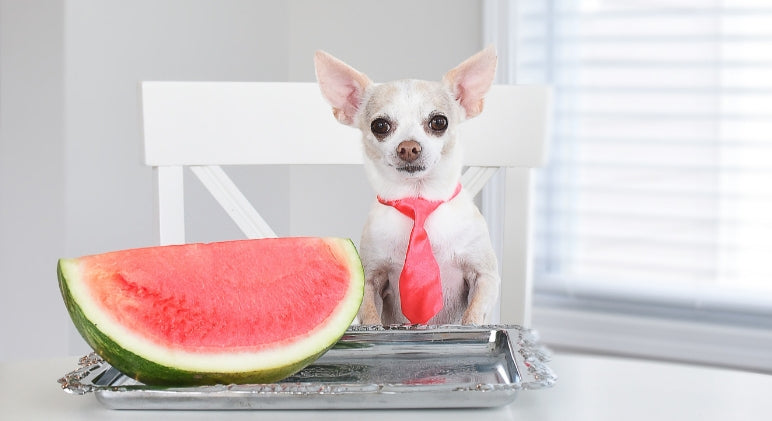Introduction
The refreshing taste of watermelon on a hot summer day is a treat many humans look forward to. But as we enjoy this juicy delight, our furry friends might look up with those puppy eyes, making us wonder: Is watermelon safe for dogs? Let’s delve into the pros and cons of sharing this summer fruit with our four-legged companions.
A Hydrating Snack: Watermelon Wonders
Watermelon is made up of about 90% water, making it an incredibly hydrating snack. But its benefits aren’t limited to hydration alone.
Nutritional Profile of Watermelon:
- Vitamins: Abundant in vitamins A, B6, and C.
- Minerals: Contains potassium which is essential for muscle and nerve function.
- Antioxidants: Lycopene, which gives watermelon its red color, is a powerful antioxidant that may help combat oxidative stress.
Potential Benefits for Dogs:
- Hydration Boost: Especially in summer, the high water content can help keep dogs hydrated.
- Digestive Health: The fiber in watermelon can aid digestion.
- Nutrient Boost: The vitamins and minerals in watermelon can supplement a dog's diet.
Potential Risks of Watermelon
While watermelon flesh is generally safe for dogs, there are potential risks associated with other parts of the fruit:
1. Seeds:
Watermelon seeds can cause intestinal blockage, especially in smaller dogs.
2. Rind:
The rind, being harder to digest, can cause gastrointestinal upset if consumed in large amounts.
3. Sugar Content:
Though natural, the sugars in watermelon might not be ideal for dogs in excessive quantities.
4. Choking Hazard:
Large chunks or whole pieces of watermelon can pose a choking risk, especially for smaller breeds.
How to Serve Watermelon to Dogs
If you're considering offering this juicy treat to your canine companion, follow these steps:
- Remove Seeds: Always ensure the watermelon is seedless or manually remove seeds if you're using a seeded variety.
- Avoid the Rind: Only offer the fleshy part of the watermelon, steering clear of the rind.
- Serve in Small Chunks: Cut the watermelon into manageable, bite-sized pieces to prevent choking hazards.
FAQs: Quenching Curiosity about Canines and Watermelon
1. How much watermelon can I give my dog?
Small to medium dogs can safely enjoy a few small chunks, while larger breeds can have a few more. However, watermelon should remain a treat and not a meal replacement.
2. Can puppies have watermelon?
Yes, but in smaller quantities and always ensure it's seedless and cut into puppy-appropriate sizes.
3. Are other melons safe for dogs?
Most melons, like cantaloupe and honeydew, are safe for dogs when seeds are removed and served in moderation.
4. My dog ate a lot of watermelon rind. What should I do?
Monitor your dog for signs of discomfort or digestive distress. If symptoms persist or are severe, contact a vet.
Conclusion
Watermelon can be a delightful and hydrating treat for dogs, especially during the warm months. However, as with any treat, moderation is crucial. Always prioritize your pet's health, ensuring they enjoy a balanced diet, and consult a veterinarian if you have concerns about introducing new foods.




